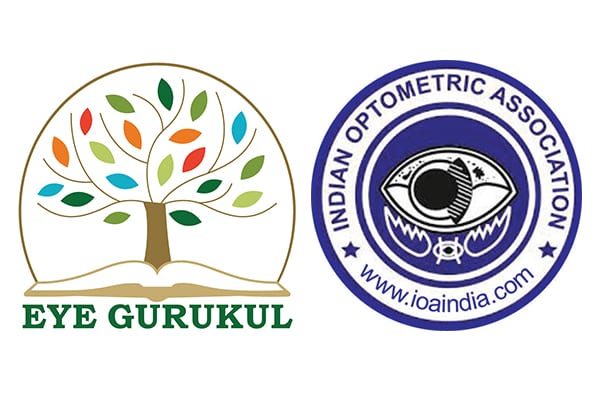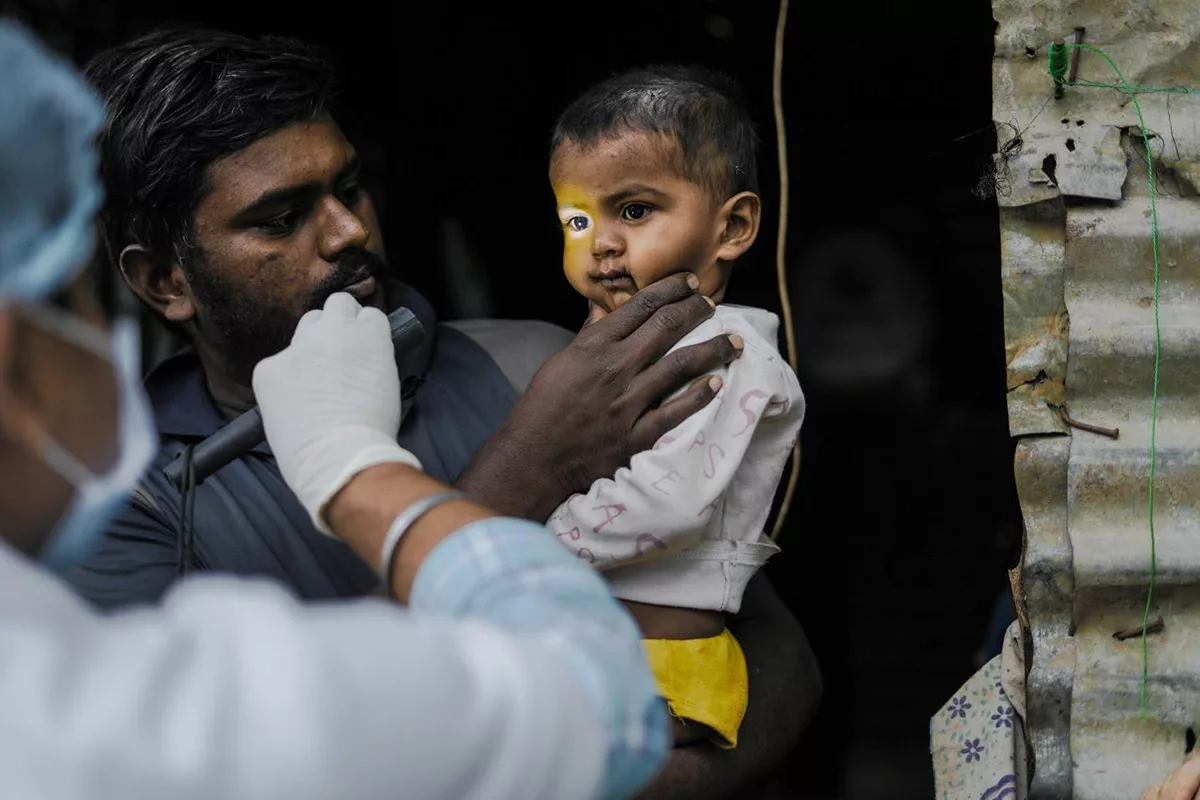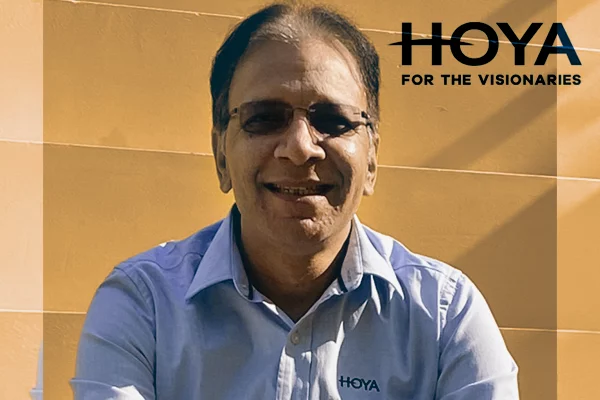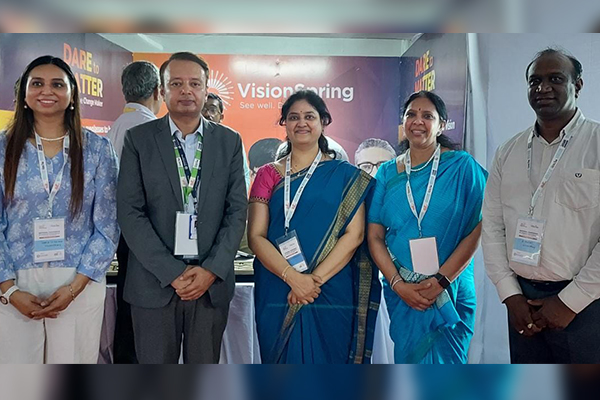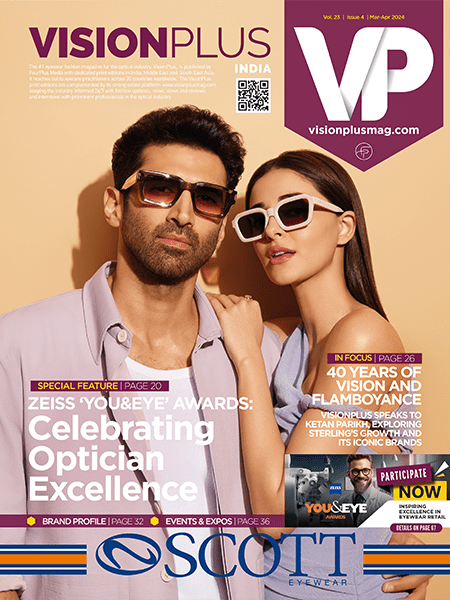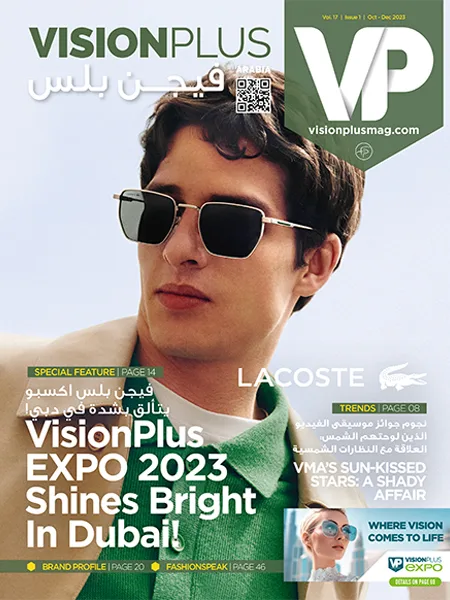Eye Gurukul and Indian Optometric Association have been doing a series of online panel discussions called ‘Career Pathways’. These talks revolved around opportunities available for budding optometrists in other countries.
Eye GURUKUL and Indian Optometric Association have been doing Career Pathways of Optometry series since early June, 2020. What better way to know about it than learn from the experience of eminent people who are living and working in different parts of the world. The eminent personalities shared their experiences from landing in a foreign soil and establishing themselves in their respective roles in their organisation. Dr. Subodh Kumar Dixit, President, Indian Optometric Association has been extremely supportive and guiding force for Eye GURUKUL.
Together they also brought up the idea on how an Indian Optometrist can also look for job opportunities overseas, and for that they conducted two sessions with faculties from UK and Australia in their Career Pathways of Optometry Series – International Opportunities for Indian Optometrists- 1
The first session of this series was moderated by Hiral Dholakia, a senior optometrist in Bahrain and Ex. Assistant Director, Associate Operational Executive Refractive Surgery and Contact Lens, L V Prasad Eye Institute, Hyderabad, India & co-moderated by Dr. Rajeev Prasad, a senior optometrist with over 2-decade experience and Founder of Eye GURUKUL and Ex. Health Manager of Special Olympics Inc., USA for Asia Pacific region.
Nadeen Joseph, a senior optometrist at Boot’s Opticians, representative of the Association of Optometrists, United Kingdom shared her experience of studying and working in the UK as an optometrist. She presented an extensive presentation of how optometrists can register at GOC (General Optical Council) before they start practice. With the changing laws in the UK, she listed the examinations and assessments to be undertaken and the registration costs.
Alexandra Webster, Head of Continuing Education and Training, ABDO (Association of British Dispensing Opticians) UK spoke about the opportunities in India itself with an overseas version of the FBDO qualification. She went on to give all the course details but the standards for the qualification remain the same in India and UK.
Vinod Maseedupally, Lecturer, School of Optometry and Vision Science, University of South Wales, Sydney, Australia shared how he moved out of the country and grew passionate towards teaching. He talked about the qualifying exam OCANZ that is needed to practice in Australia. OCANZ requires extensive paperwork which is very crucial in order to take the qualifying exam. It has theory and practical components spanning across entire optometry curriculum. While theory exams can be taken in a few other countries, the practical exam can be taken only in Melbourne. The patient examination including history and management is also a part of the qualifying examination. Optometrists can pursue various qualifications from fellowship (FBDO) to PhD in other countries.
Pushpita Sengupta Patel, General Manager- Retail Functions & Distribution, Bahrain wanted to leave Kolkata in her early 20s, and it was primarily the different exposure and learning opportunities that motivated her to move to Bahrain.
For another panelist, Neeraj Dabral, Associate Director (Vision Care) Rivoli Group, Dubai, moving out to Dubai in his 40s was an enhancement in his career and monetary benefits.
The panelists shared their initial challenges which they faced when they landed in other countries. It ranged from language issues, licencing, etc. Hiral emphasized that the options for practice available are varied. The customs and traditions are very different and interaction with patients without knowing the local language faces a big obstacle.
Ajay Verma, Founder and Managing Director, Maputo Optometristas, LDA established his own practice in Africa since 20 yrs and has a rich experience in every aspect of practice management over the years. According to him, though it was relatively simple in the early years it changed over the years and across African nations. There is a mandatory minimum experience that is required for optometrists to practice in Africa. Unless an optometrist works in Africa for 6 yrs, they won’t be allowed to practice as the African governments want to encourage local optometrists. He also revealed how optometry education is different across each country in Africa.
All the panelists had words of advice to the younger generation of optometrists. Neeraj felt that it is better to take the decision to move at a younger age as they will be able to adapt and cope better. It will be easier for them to adapt to longer working hours.
The second session in this series was moderated by Sneha Ahuja, Co-Founder & Managing Partner of Talent Fanatics, a HR consultancy.
Being a national body, that is representing optometrists, there is a need to guide the next generation professionals. In the educational arm Eye Gurukul, they have been striving to do so, which is a small initiative in this direction.
Eye GURUKUL has become the new face of Optometric Education which started during the COVID-19 pandemic and the mission and vision of Eye-GURUKUL was to provide a low-cost virtual education platform (in Current scenario) that connects with colleagues across India and offer equal learning opportunities for everyone. Eye-Gurukul does not intend to compete with existing education providers or institutions/universities.
They have also brought the idea and concept of Optometric lectures in Hindi named as “Paathshala” in the portfolio of Eye GURUKUL, because they realised that the Optometric educational system in India is not uniform and few colleges do not offer training of theories and practicals, due to non-availability of good facilities or infrastructure, and other administrative challenges. “Paathshala” enabled them to fill this gap, especially in northern and central India, where Hindi is the most preferred language and easy to understand by all. So through “Paathshala” effort is being put to reach out to the rural belts by dissipating knowledge in vernacular language.
Eye GURUKUL team comprises of:
Dr. Rajeev Prasad – Founder
Prateek Srivastava – Co-Founder
Rekha Chalapathi – Associate

